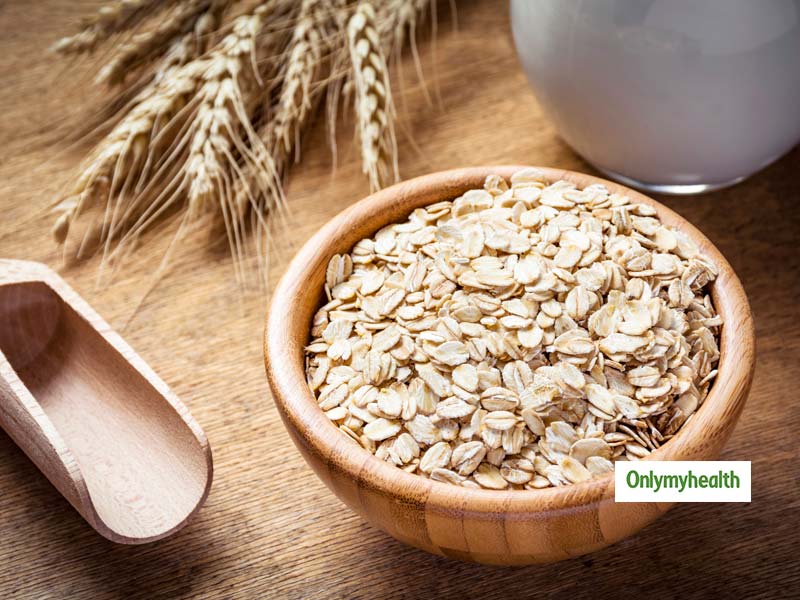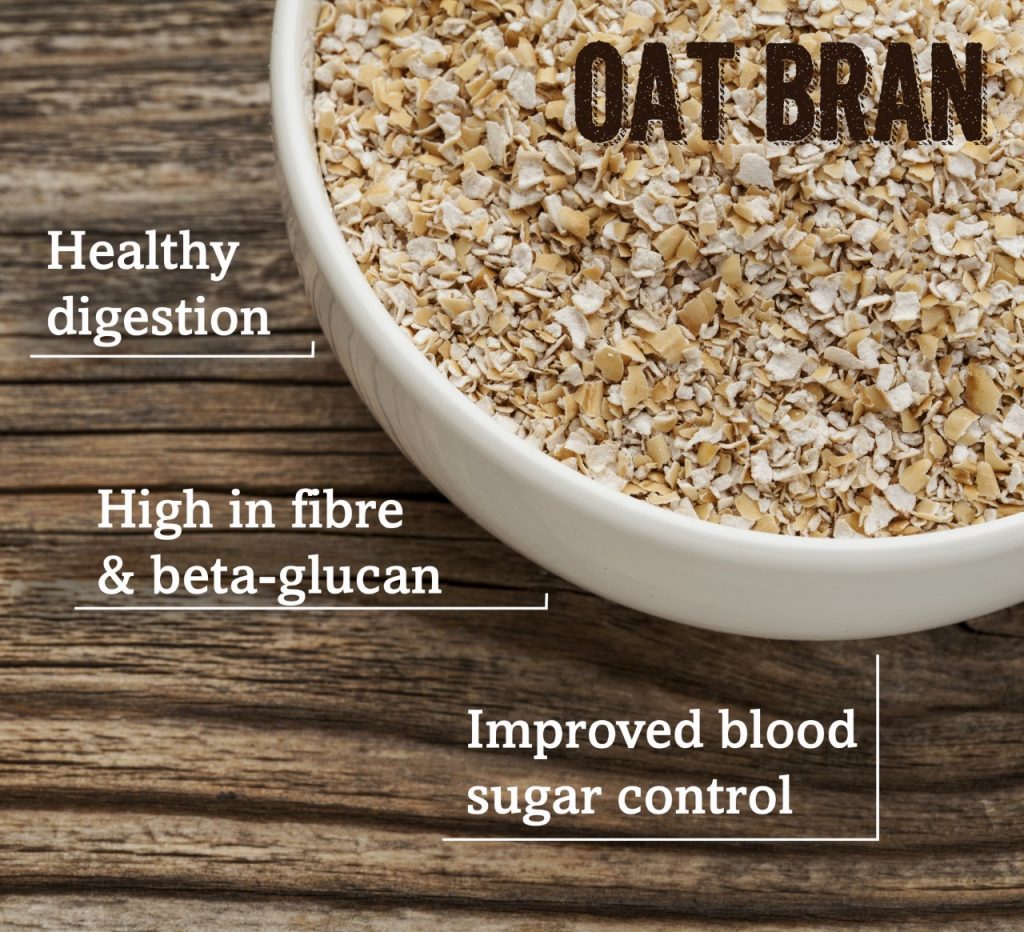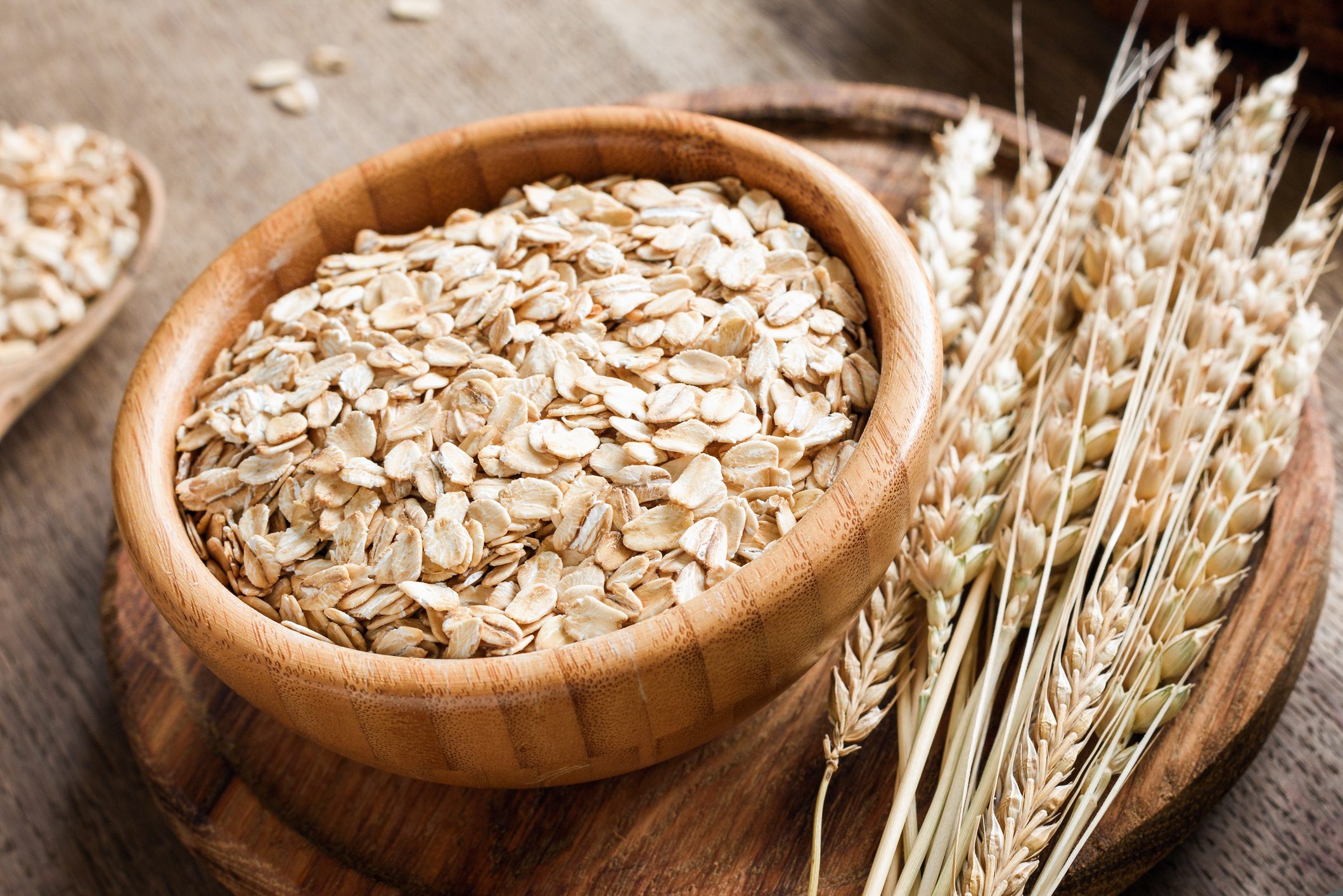Raw Oatmeal: A Natural Superfood
Raw oatmeal is increasingly recognized as a nutritious and minimally processed food, making it a desirable choice for health-conscious individuals. Its origins can be traced back to ancient civilizations, where oats were cultivated for their hearty and versatile nature. The growing popularity of raw oatmeal today is attributed to its numerous health benefits and the ease with which it can be incorporated into various diets.
The Nutritional Profile of Raw Oatmeal
Raw oatmeal is a powerhouse of nutrition, offering a wide array of essential vitamins, minerals, and macronutrients. A single serving of raw oatmeal provides a significant amount of dietary fiber, contributing to its reputation as a gut-friendly food. Additionally, raw oatmeal is an excellent source of plant-based protein, making it an attractive option for vegetarians and vegans. Its rich mineral composition includes manganese, phosphorus, magnesium, and copper, all of which contribute to various bodily functions, such as bone health, energy production, and antioxidant defense.
How to Incorporate Raw Oatmeal into Your Diet
Integrating raw oatmeal into your daily meal plan is a simple and delicious way to reap its numerous health benefits. There are various methods to consume raw oatmeal, ensuring that you can find a preparation that suits your taste preferences and lifestyle. One popular method is soaking raw oatmeal in a liquid, such as water, almond milk, or coconut milk, overnight. This process softens the oats and makes them easier to digest. In the morning, you can add fruits, nuts, or sweeteners to create a nutritious and satisfying breakfast bowl.
Another option is blending raw oatmeal into smoothies, which adds a hearty texture and a boost of nutrition. For a creative twist, you can also use raw oatmeal as a topping for yogurt, salads, or desserts. By incorporating raw oatmeal into your diet, you can enjoy a versatile and wholesome food that contributes to your overall well-being.
The Benefits of Raw Oatmeal for Digestive Health
Raw oatmeal offers remarkable benefits for digestive health, primarily due to its high soluble fiber content. Soluble fiber forms a gel-like substance in the gut, which aids in the slow digestion and absorption of nutrients. This process promotes regular bowel movements, supports healthy gut bacteria, and enhances overall digestive function. Furthermore, raw oatmeal’s soluble fiber content contributes to its ability to regulate blood sugar levels, making it a valuable food for individuals with diabetes or those at risk of developing the condition.
Additionally, raw oatmeal’s ability to promote gut health is attributed to its prebiotic properties. Prebiotics are non-digestible food components that stimulate the growth and activity of beneficial gut bacteria. By consuming raw oatmeal, you can support a healthy gut microbiome, which is associated with various health benefits, such as improved immunity, reduced inflammation, and enhanced mental well-being.
Raw Oatmeal and Cardiovascular Health: A Closer Look
Raw oatmeal has been shown to contribute positively to cardiovascular health, thanks to its rich nutritional profile and unique properties. One of the primary ways raw oatmeal supports heart health is by reducing cholesterol levels. The soluble fiber in raw oatmeal, known as beta-glucan, has been proven to lower LDL (bad) cholesterol without affecting HDL (good) cholesterol levels. This cholesterol-lowering effect is attributed to beta-glucan’s ability to bind with bile acids in the gut, which are then excreted from the body. As a result, the liver is forced to use cholesterol from the bloodstream to create new bile acids, thus reducing overall cholesterol levels.
Moreover, raw oatmeal may have a beneficial impact on blood pressure. A study published in the American Journal of Clinical Nutrition found that participants who consumed oats experienced a modest reduction in systolic and diastolic blood pressure. While the exact mechanisms are not fully understood, researchers believe that the antioxidant compounds found in oats, such as avenanthramides, may contribute to this effect. These compounds have been shown to relax blood vessels, improve blood flow, and reduce inflammation, all of which can contribute to better cardiovascular health.
Raw Oatmeal for Weight Management and Satiety
Raw oatmeal can be an effective tool for weight management due to its ability to promote satiety and reduce overall calorie intake. The high fiber content of raw oatmeal contributes to its satiating properties, as fiber takes longer to digest than other nutrients. This slower digestion process leads to a more gradual absorption of nutrients, which helps regulate blood sugar levels and keeps you feeling full for an extended period. As a result, you may be less likely to experience cravings or overeat throughout the day.
Additionally, raw oatmeal is a low-calorie food, making it an ideal choice for those looking to maintain or lose weight. A one-half cup serving of raw oats contains approximately 150 calories, which can be easily incorporated into a balanced and nutritious meal plan. By consuming raw oatmeal as part of a well-rounded diet, you can help manage your weight while still enjoying a delicious and satisfying food.
Additional Health Benefits of Raw Oatmeal
Raw oatmeal offers a variety of health benefits beyond digestion and cardiovascular health. Its rich nutritional profile and unique properties make it a valuable addition to any well-balanced diet. One such benefit is raw oatmeal’s anti-inflammatory properties. The antioxidant compounds found in oats, such as avenanthramides, have been shown to reduce inflammation in the body. This effect can help alleviate symptoms of conditions like arthritis, asthma, and inflammatory bowel disease, as well as contribute to overall health and well-being.
Furthermore, raw oatmeal has been linked to improved blood sugar regulation. The soluble fiber in oats, particularly beta-glucan, can slow the absorption of glucose into the bloodstream, helping to maintain stable blood sugar levels. This effect is particularly beneficial for individuals with diabetes or those at risk of developing the condition. By incorporating raw oatmeal into their diet, they can help manage their blood sugar levels and reduce the risk of complications.
Additionally, some research suggests that raw oatmeal may have potential cancer-fighting abilities. A study published in the Journal of the American College of Nutrition found that consuming whole grains, such as oats, was associated with a reduced risk of colorectal cancer. While more research is needed to fully understand the relationship between raw oatmeal and cancer prevention, these findings suggest that oats may play a role in reducing the risk of certain types of cancer.
Considerations and Precautions When Consuming Raw Oatmeal
While raw oatmeal offers numerous health benefits, there are also some considerations and precautions to be aware of. One such concern is the presence of phytic acid, an antinutrient found in raw oats that can interfere with the absorption of certain minerals, such as calcium, iron, and zinc. However, soaking raw oats overnight can help reduce the phytic acid content, making the minerals more bioavailable. Additionally, consuming raw oats as part of a balanced diet that includes a variety of nutrient-dense foods can help mitigate the potential negative effects of phytic acid.
Another consideration when consuming raw oatmeal is the risk of bacterial contamination. Raw oats can potentially harbor harmful bacteria, such as Salmonella and E. coli, which can cause foodborne illness. To reduce the risk of bacterial contamination, it is essential to source raw oats from reputable suppliers and store them properly. If you have concerns about the safety of consuming raw oats, consider cooking them before consumption, as heat can effectively kill any harmful bacteria.
Lastly, individuals with celiac disease or gluten sensitivity should be cautious when consuming raw oatmeal. While oats are naturally gluten-free, they are often processed in facilities that also handle gluten-containing grains, which can lead to cross-contamination. To ensure the safety of raw oats for those with gluten-related disorders, look for products that are certified gluten-free and sourced from dedicated gluten-free facilities.








